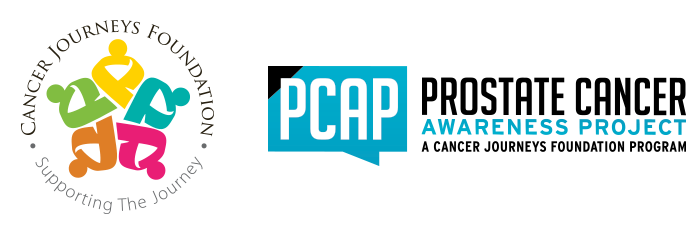Well, I’m checked in at my hotel here in Orlando and I have gone through the three day program and read the Day One issue of the Symposium newspaper – all 28 pages.
It’s going to be a great conference with many of the best and brightest minds in the cancer battle at the conference to talk about their research results and successes.
The first day and a half of the three-day conference is devoted exclusively to prorate cancer. Which, as a 10-year prostate cancer survivor, I find really encouraging.
There is, however, a little (more than a little) irony to be found here already. The Expert Editorial in the Day One conference Daily News is titled “The Role of Active Surveillance for Localized Prostate Cancer: Reducing Overtreatment, Improving Quality of Life.”
The article’s central theme once again beats the drum of PSA screening resulting in too much unnecessary treatment. The author notes that “Such stage migration [early detection – my parenthetical insert here] has resulted in the number of diagnoses far outnumbering the number of lethal cases (i.e., over diagnosis of those cancers that would never progress or cause harm to the patient if left untreated). I guess this means that he only is concerned with detecting lethal cases.
For me, the irony of this article is that I am just about to attend 16 hours of research presentations on the struggle to find a way to cure prostate advanced prostate cancer, while so many in the medical community remain opposed to early detection of low risk prostate cancers using the PSA test.
This opposition to the PSA test as a screening tool remains constant, despite the fact that virtually everyone admits that the current state of science cannot reliably differentiate between indolent and aggressive prostate cancer until it becomes aggressive. If you are unlucky enough to develop prostate cancer, would you really like to wait for diagnosis until is has become aggressive and moved to other areas of your body where no cure is possible?
I’m not a doctor, I’m just a 10-year prostate cancer survivor who is still walking around because my oncologist gave me a PSA test, and then a Free PSA test when the first test was suspicious.
Can you tell where I’m going with this?
It is my firm belief that every man should begin testing for prostate cancer at age 35 and personally track those test results. Finding out you have prostate cancer at its earliest stage does not mean you need to have treatment right away. It does mean, however, that you will have the fullest possible range of treatment options available to you.
Stay in the picture. Get tested!
Warm regards to All,
Robert



